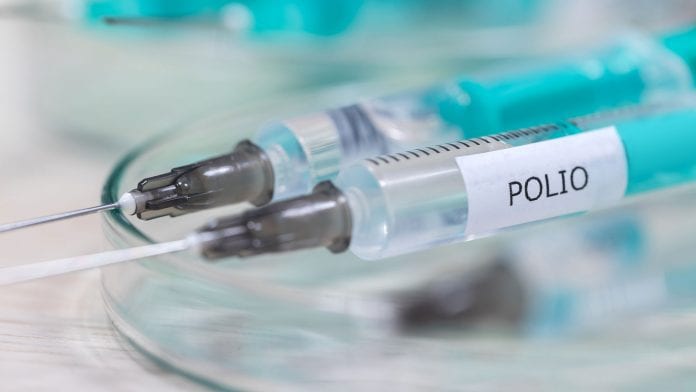
The Africa Regional Certification Commission certified the WHO African Region as wild polio-free after four years without a case.
With this historic milestone, five of the six WHO regions – representing over 90% of the world’s population – are now free of the wild poliovirus, moving the world closer to achieving global polio eradication. Now, only two countries worldwide continue to see wild poliovirus transmission: Pakistan and Afghanistan.
Eradicating polio
The Global Polio Eradication Initiative (GPEI) congratulates the national governments of the 47 countries in the WHO African Region for today’s achievement.
WHO Director-General Dr Tedros Adhanom Ghebreyesus, said: “Ending wild polio virus in Africa is one of the greatest public health achievements of our time and provides powerful inspiration for all of us to finish the job of eradicating polio globally. I thank and congratulate the governments, health workers, community volunteers, traditional and religious leaders and parents across the region who have worked together to kick wild polio out of Africa.”
Strong leadership and innovation were instrumental in stopping the wild poliovirus in the region. Countries successfully coordinated their efforts to overcome major challenges to immunising children, such as high levels of population movement, conflict and insecurity restricting access to health services, and the virus’s ability to spread quickly and travel across borders.
In addition, the continued generosity and shared commitment of donors – including governments, the private sector, multilateral institutions and philanthropic organisations – to achieving a polio-free world helped build the infrastructure that enabled the African region to reach more children than ever before with polio vaccines and defeat wild polio.
Rotary International President, Holger Knaack, said: “During a challenging year for global health, the certification of the African region as wild poliovirus-free is a sign of hope and progress that shows what can be accomplished through collaboration and perseverance.
Since 1996, when Nelson Mandela joined with Rotary, the Global Polio Eradication Initiative, and governments of the African region we’ve achieved something remarkable. Today’s milestone tells us that polio eradication is possible, as long as the world remains committed to finishing the job. Let us work together to harness our collective energies to overcome the remaining challenges and fulfil our promise of a polio-free world.”
Strengthening health in Africa
Continued commitment to strengthening immunisation and health systems in the African region is essential to protect progress against wild polio and to tackle the spread of type 2 circulating vaccine-derived poliovirus (cVDPV2), which is present in 16 countries in the region. Pockets of low immunity mean such strains continue to pose a threat and the risk is magnified by interruptions in vaccination, due to COVID-19, which have left communities more vulnerable to cVDPV2 outbreaks.







